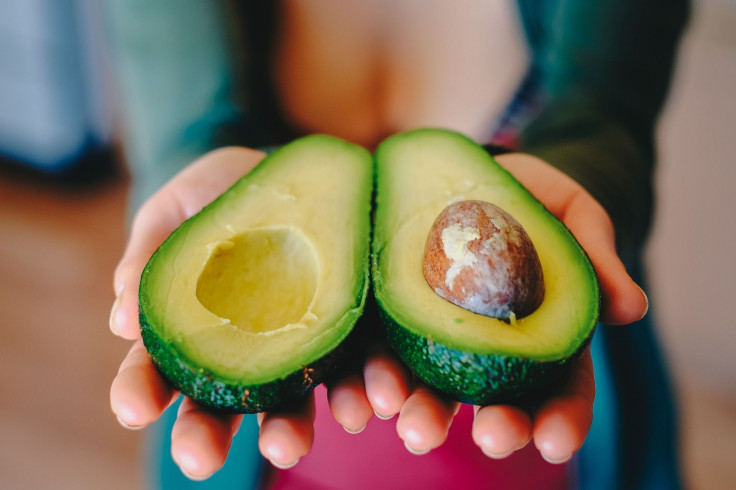The Avocado Seed You Trash May Be The Most Useful Part

The avocado seed you always dump in the trash after you scoop out the good part may hold a reserve of untapped medical resources and other uses. New research shows that the seed husk contains a number of chemicals that could be useful in everything from treating debilitating diseases to enhancing cosmetics.
Researchers from the University of Texas, Rio Grande Valley, analyzed the components of the avocado seed husk and found the following chemicals: behenyl alcohol, an important ingredient used in anti-viral medications; heptacosane, which may help to inhibit the growth of tumor cells; and dodecanoic acid, which increases high-density lipoprotein and so may reduce the risk of atherosclerosis, a press release reported.
In addition, in the wax of the seed, the researchers detected benzyl butyl phthalate, a plasticizer used in a number of synthetic products such as shower curtains and medical devices; bis(2-butoxyethyl) phthalate, which is used in cosmetics; and butylated hydroxytoluene (BHT), which is a food additive.
This research was presented at a meeting of the American Chemical Society and represents the first time scientists have conducted such an analysis of the components of avocado seeds. Those involved said they were surprised by the results.
"It could very well be that avocado seed husks, which most people consider as the waste of wastes, are actually the gem of gems because the medicinal compounds within them could eventually be used to treat cancer, heart disease and other conditions," said study research Debasish Bandyopadhyay, in the press release. "Our results also suggest that the seed husks are a potential source of chemicals used in plastics and other industrial products."
While the researchers aren’t suggesting you go ahead and eat the husk, they are hopeful they may be reused someday in unexpected ways.
For the study, the team ground about 300 dried avocado seed husks into 21 ounces of powder. They then used a gas chromatography-mass spectrometry analysis to better understand the individual's chemical components in the husk and seed. Results revealed 116 compounds in the oil and 16 in the wax.
As for the fruit of the avocado, we already know it has a wealth of health benefits. Just a single 100-gram serving has vitamin K, folate, vitamin C, potassium, vitamin B5, vitamin B6, vitamin E, and trace amounts of Magnesium, Manganese, Copper, Iron, Zinc, Phosphorous, Vitamin A, B1 (Thiamine), B2 (Riboflavin) and B3 (Niacin), Medical News Today reported. In addition, avocados have about 160 calories, 2 grams of protein and 15 grams of healthy fats.
And while avocados often get a bad reputation for being so high in fat (and this is true), the fat in avocados is monounsaturated fatty acid—the same type found in olive oil. It’s likely not best to eat a whole avocado every day, but don’t worry that a serving will add too much fat to your diet.
The research is still novel, and while the team has identified the components in avocado husk, we still have to figure out practical ways to use them. The researchers explain that their next move is to try to modify these natural components to create more effective medications.



























